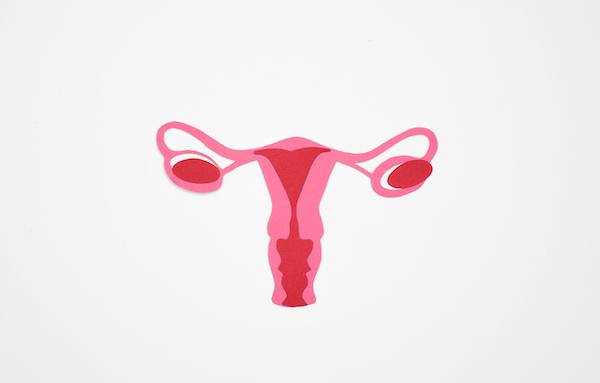Our Guide to Female Fertility Preservation and Egg Freezing
 Are you hoping to have a baby but right now isn’t the right time? Life can throw a lot of curve balls at us at any time, which may make it difficult to pursue our dreams. Female fertility preservation and egg freezing are incredibly useful options that may help you pursue motherhood in your own time.
Are you hoping to have a baby but right now isn’t the right time? Life can throw a lot of curve balls at us at any time, which may make it difficult to pursue our dreams. Female fertility preservation and egg freezing are incredibly useful options that may help you pursue motherhood in your own time.
But what do these processes involve, and what can you expect from them? In this guide, we’ll detail what you need to know to fully understand your fertility preservation options in an effort to help you make the best choice for you.
For personalised advice, contact our team at Dr Hugo Fernandes in Melbourne today.
Why pursue fertility preservation?
A woman’s fertility is an incredibly personal health concern, and so are the reasons many people have for pursuing fertility preservation. Often, it depends on your unique circumstances and feelings on the topic.
Some women pursue fertility preservation because they are currently living with a condition that may affect their future fertility. Many women living with endometriosis, adenomyosis, ovarian cysts, and other gynecological conditions consider using fertility preservation.
Other conditions and treatments may also affect a woman’s fertility. In these cases, women use fertility preservation before beginning their treatment.
Health issues are not the only reason women use fertility preservation methods. Many women may be dreaming of having a family but are waiting to find a partner. No matter their concerns, fertility preservation may help ensure they are still able to pursue motherhood when they are ready.
Egg freezing
Egg freezing is a fairly straightforward process. First, the woman will undergo hormonal stimulation for about two weeks. This is to help prepare the eggs so that they are frozen in the most optimal condition.
The eggs are then collected, frozen, and stored in laboratory conditions. They may be kept for years without it affecting their viability. When the woman is ready to pursue their fertility journey, they may have an egg warmed, fertilised, and transferred back to them through IVF.
Embryo freezing
Egg freezing is not the only option for women or couples who want the option to pursue fertility options later on. Embryo freezing is another treatment that may help people pursue parenthood on their own terms.
This process initially follows the same steps as IVF treatment. First, the woman will undergo injections to stimulate their hormones and eggs. Once ready, the eggs are collected and then sperm is inserted into the egg.
Rather than being transferred back, the resulting embryo is then frozen and stored. These may also be kept for several years, much like egg freezing. Eventually, when you are ready to start, the IVF process may continue.
This does not always result in a successful pregnancy, but it may help increase the chances.
Legal considerations
Because this is inherently a partnered process, there are additional legal concerns to take into account. Both partners have the right to refuse to use the embryo in the future. This, of course, may make it difficult for you to pursue fertility treatment with certain embryos.
Ovarian tissue freezing
Ovarian tissue freezing is a relatively new fertility preservation technique. It is still currently being studied to determine just how viable it is. Likewise, it is slightly more involved than other options.
In this case, ovarian tissue is removed through surgery. This tissue is then cut into smaller sections and frozen. Once ready to pursue their fertility journey, the woman may have this tissue grafted back into their body.
The graft may then take several months to fully integrate back into their natural reproductive system. However, once ready, the woman may pursue conception in whichever way they prefer.
Consider the costs
It’s important to consider the financial impact of each option. In general, embryo freezing and ovarian tissue freezing are considered more expensive than egg freezing, as the processes are slightly more involved.
Likewise, Medicare rebates are only available for people pursuing these treatments due to medical reasons. Women choosing to preserve their fertility for personal reasons will likely have to pay the full price themselves.
Unfortunately, that’s not the only consideration. Storing your eggs or other fertility materials also incurs additional costs. These could differ depending on the clinic you go to, so discussing their individual prices is important to ensure you can make a fully informed decision.
Think of your future and reach out to Dr Hugo Fernandes
Our team at Dr Hugo Fernandes is committed to making a difference in your reproductive journey. Whether you would like to pursue fertility preservation, IVF treatment, or simply discuss your options, we are here for you. Reach out to our team today and book an appointment today.

